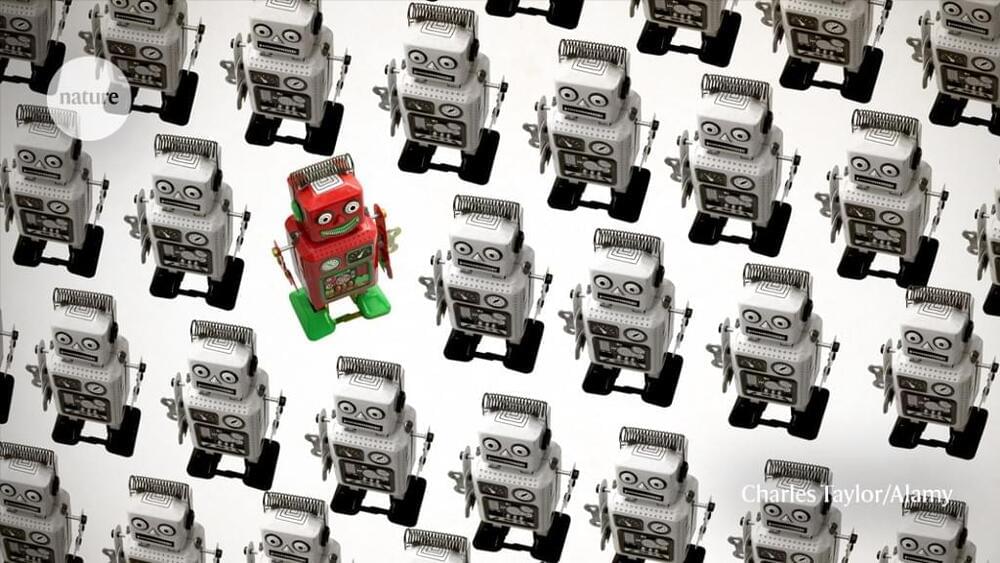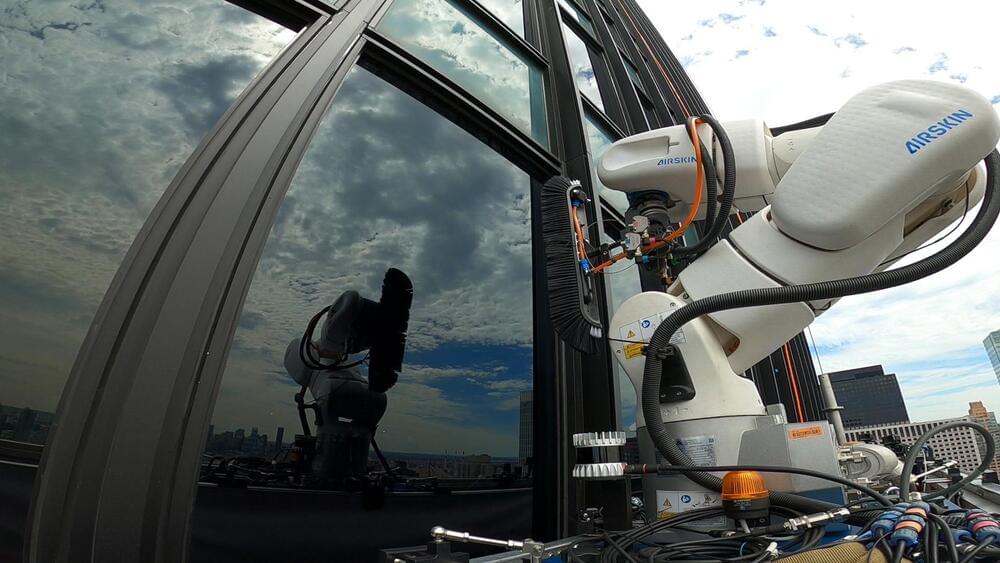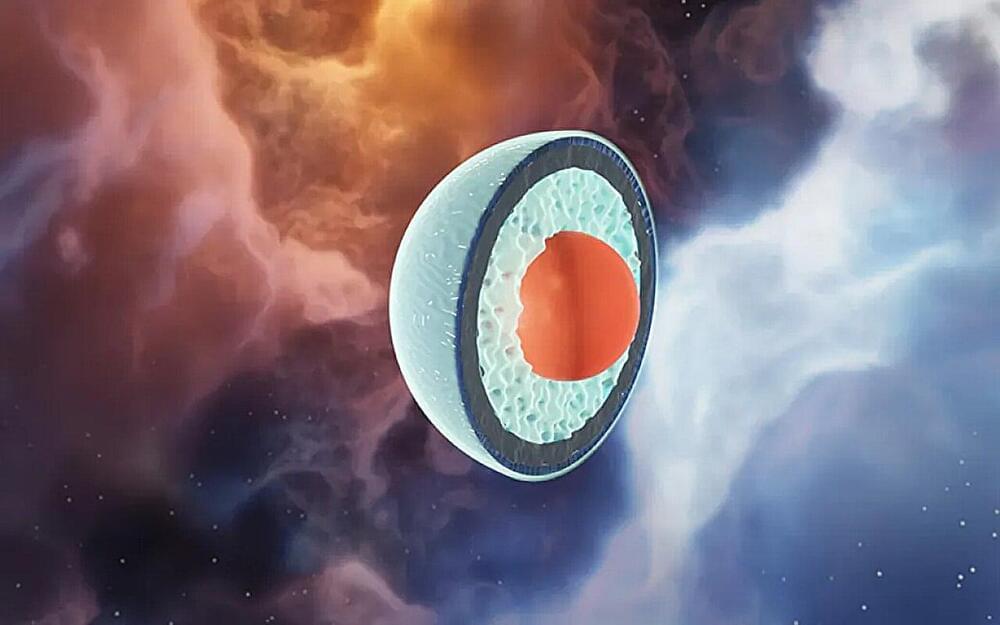Check out http://rocketmoney.com/pbsspace or scan the QR code on the screen to start managing your personal finances today. Thank you to Rocket Money for sponsoring today’s video! #rocketmoney #personalfinance.
PBS Member Stations rely on viewers like you. To support your local station, go to: http://to.pbs.org/DonateSPACE
Sign Up on Patreon to get access to the Space Time Discord!
https://www.patreon.com/pbsspacetime.
Two protons next to each other in an atomic nucleus are repelling each other electromagnetically with enough force to lift a medium-sized labradoodle off the ground. Release this energy and you have, well, you have a nuclear explosion. Just as well there’s an even stronger force than the electromagnetism holding our nuclei together. But it’s not the strong force, as you might have imagined. At least not directly. Nuclei are held together by a quirk of nature, without which we would have no complex atoms, no chemistry, and certainly no labradoodles.
Episode Companion Playlist.
Check out the Space Time Merch Store.





